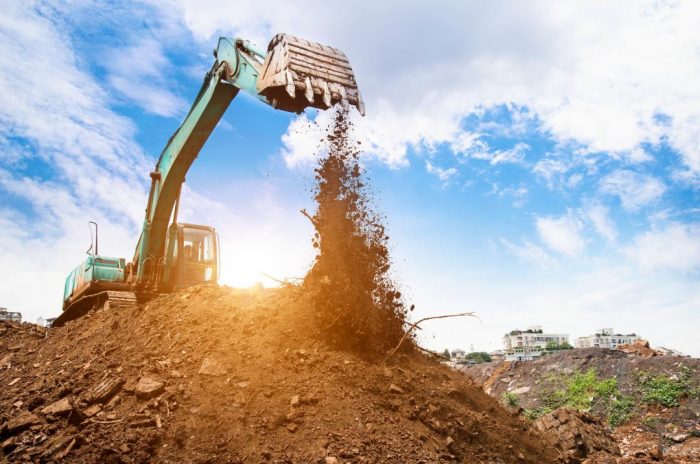Effective waste management practices are quite important for minimising the ecological footprint of mining. It is also quite important to ensure regulatory compliance. Keeping up with sustainable development also plays an important part. Putting in place the best practices in waste management can help reduce environmental risk. It can also help reduce operational costs and improve community relations. Some practices for proper waste management in the mining industry are as follows:
Management of tailings
These happen to be the by-products of iron ore mining operations Jharkhand. They are often stored in dams or ponds. These can have a significant environmental risk if they are not managed properly. Having a proper storage facility can be one of the best practices when it comes to the management of these. These facilities must withstand extreme weather and seismic activities. Keeping up with regular monitoring and maintaining these structures can be of great help. Water can also be removed from tailings for dry stacking. Progressive rehabilitation can also help reduce the environmental impact these have.

Management of waste rock
These often contain harmful substances. It might include heavy metals, sulphides and more. When leaching into the environment, these can cause soil and water pollution. Effective management requires a targeted approach. There happen to be various strategies that make the process more convenient and effective. Based on the nature of the waste rock it can find several purposes. The volume of the waste can be reduced by re-purposing it. It can help promote resource efficiency.
Recycling and reprocessing
Technologies such as leaching, and flotation can be used to recover metals from tailings and waste rock. Waste metal can be recycled and used for numerous purposes. These practices can result in a decrease in waste disposal costs. Recycling can also help reduce waste volume and produce additional revenue. Partnerships can be put in place to enhance waste management practices.
Water management and treatment
It is an important aspect of waste management and mining. Best practices include putting in place comprehensive water management plans. The aim is usually to conserve water, recycle it, and treat it well. Regular monitoring of water quality is quite important. Local communities and regulatory authorities can help make sure that all essential components of effective water management are present to aid in the overall process.
Conclusion
The leading mining and minerals companies in India, such as Naaraayani Minerals happen to embrace all of these practices. As the industry continues to evolve, the practices will be refined. These can play an important role in not only protecting the environment but also contributing to long-term viability. These can significantly contribute to the sustainability of the mining operations approach. Recycling and reprocessing waste is important, as is efficient water management. Companies today explore various options to seek the associated benefits related to a greener approach.
